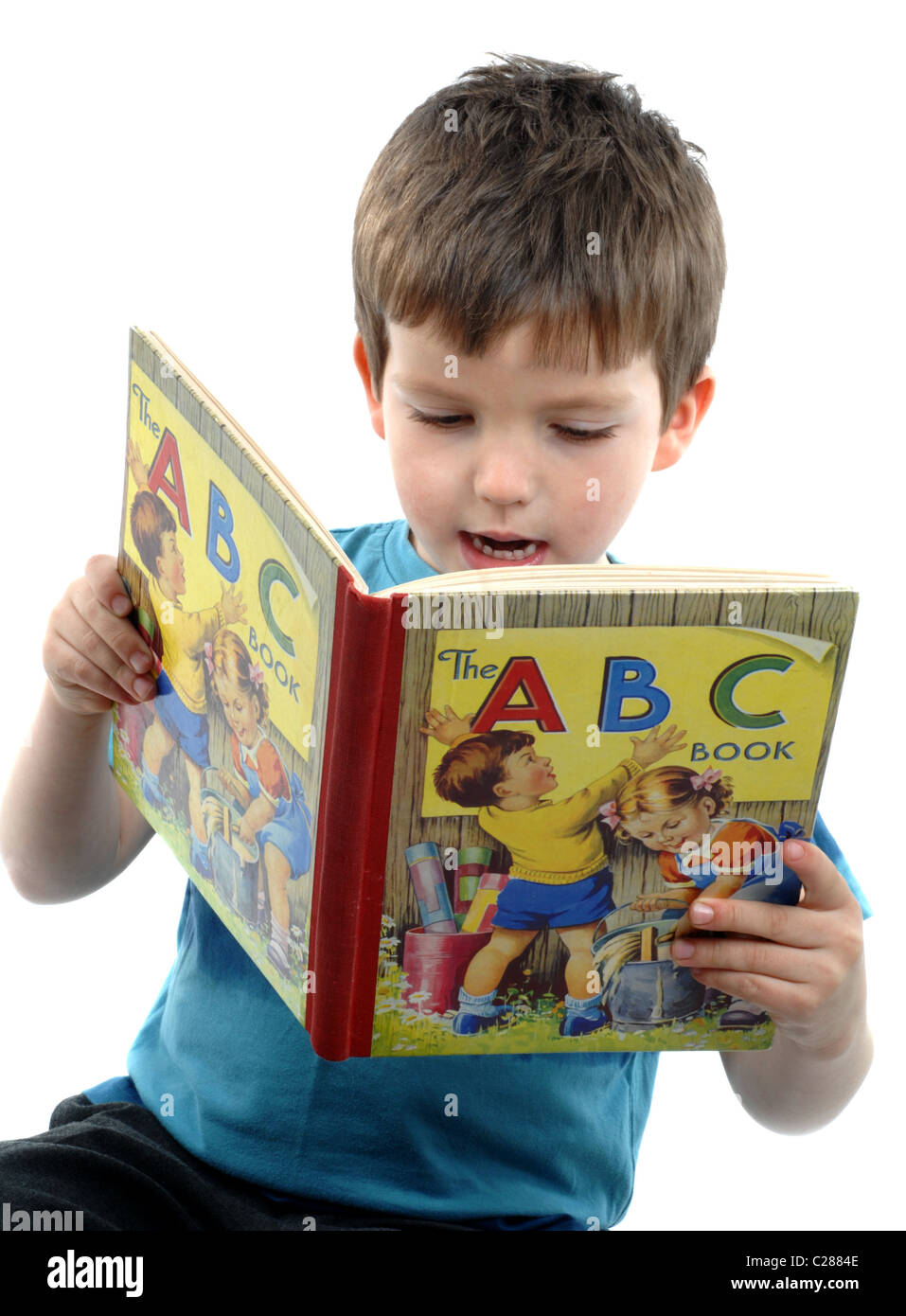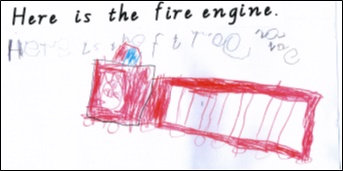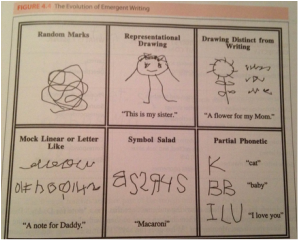Module 8 (Week 3) Vocabulary
1.) Pretend Reading
- "a paragraph or spontaneous retelling told by students as they turn the pages of a familiar story book" (Words Their Way)
2.) Memory Reading
-"an accurate recitation of text accomplished by fingerpoint reading"(Words Their Way)Memory Reading helps teach students beginning reading strategies including pointing to words and reading the book from left to right.
3.) Language Experience Approach
-" an approach to teaching reading, in which students dictate to a teacher, who records their language"(Words Their Way)The language experience approach helps students explore literacy by having the student state orally what they had tried to spell on the paper.
4.) Dialogic Reading
-"an approach to reading aloud that is designed to stimulate oral language and dialogue while enhancing students' ability to retell stories"(Words Their Way)
Dialogic reading is important to literacy because it students the beginning concepts of public speaking.
5.) Interactive Read aloud
- "a reading format to support emergent reading where the teacher reads aloud to the students and invites discussion and other participation" (Words Their Way)
Interactive Read alouds offer many different positive supports to learning how to read by encouraging motivation to read, gaining comprehension skills and teachings reading fluency.
6.) Mock Linear
-"a kind of pretend writing where children beginning to write approximate the broader contours of the writing system, starting with the linear arrangement of print"(Words Their Way)Mock Linear helps teachers see the progress students are making in literacy when the start with pictures and then begin forming letters.
7.) Alliteration
-"the occurrence in a phrase or line of speech of two or more words having the same beginning sound"(Words Their Way)Alliteration helps students puts a picture in thier mind within literacy and helps the readers visualize what they are reading.







Comments
Post a Comment